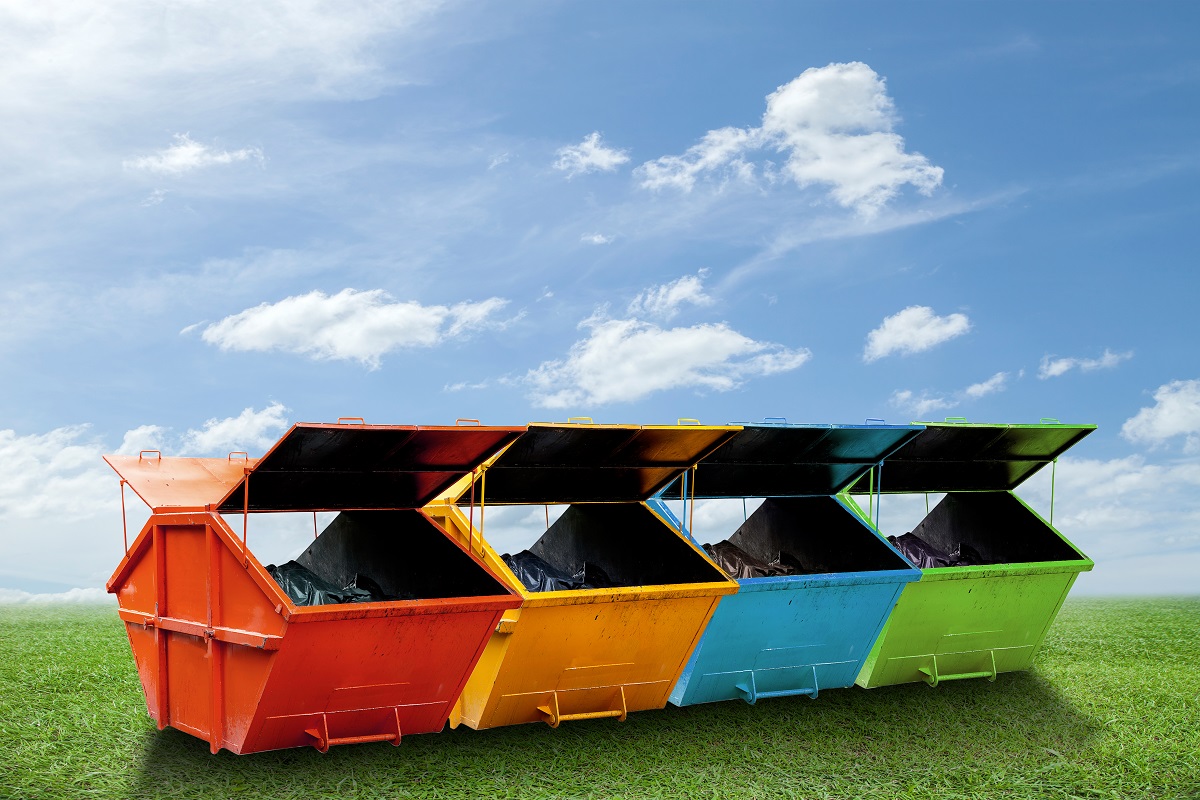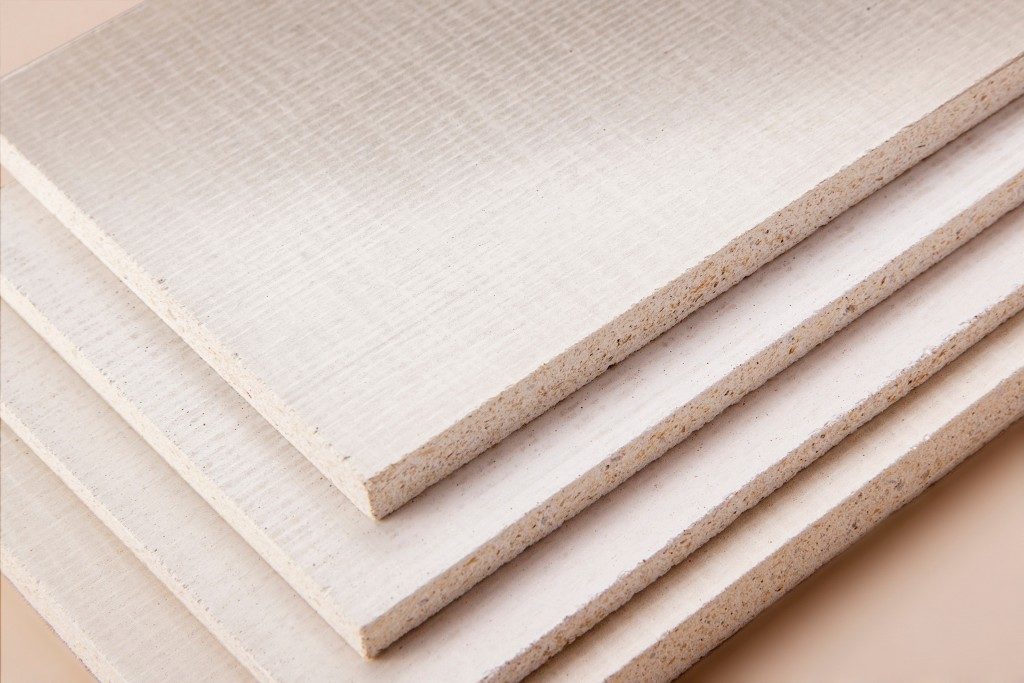- An essential part of homebuilding and renovation is planning for effective construction waste management.
- Debris management requires selecting appropriate waste containers, sorting debris, and implementing a waste disposal plan.
- Education of contractors on efficient collection and transportation methods is crucial in managing construction waste.
- Homeowners are responsible for ensuring projects generate minimal waste and that any waste produced is managed in an eco-friendly manner.
Homebuilding and renovation can be both exciting and stressful. One significant concern for homeowners during the process is managing construction waste. Handling construction debris requires organizing and executing practical waste management procedures to generate a safe, clean, and efficient workspace.
Perusing through piles of construction debris can quickly become frustrating and dangerous, but with the proper techniques, it can be minimized and managed effectively. Here are essential tips to aid homeowners in managing debris during homebuilding and renovation.
Homebuilding and Renovation Preparation.
Before you even begin the renovation process, planning ahead and taking steps to minimize the debris produced in the process is essential. Here are four things you can do to prepare for a construction project:
Plan the layout of your materials.
Determine how you will organize and store your materials before beginning work so that you can easily identify and segregate debris as it accumulates during the process.
Purchase reusable containers, bags, or bins.
These can be used to store debris until it is ready to be removed. Reusable containers are generally less expensive than disposable options and can be reused for future projects.
Separate recyclable items.
Before starting a project, separate any materials that can be recycled and make sure they are sent to proper recycling centers. This will reduce the amount of debris that needs to be collected during the project and help the environment.
Cordon off the workspace.
To keep your construction zone safe, it is essential to establish boundaries and cordon off the workspace. This will help ensure that only authorized personnel have access to the area and reduce any potential risks from hazardous materials.
By preparing your homebuilding and renovation project ahead of time, you can minimize the amount of debris produced and make managing it much easier.
Plan for Debris Management.
Planning before initiating the project is one of the most critical steps in debris management. Not thinking about what should happen after the work is done is a recipe for disaster. Plan the disposal method required for the debris and allocate a specific location to collect it.
Ensure the storage area is well-organized, and materials can be safely loaded for transportation and disposal. Consider professional waste management services if the debris is larger than expected or if specific materials require specialized disposal.
Select Appropriate Waste Containers.

Homeowners should choose the appropriate waste containers based on the type and amount of debris produced. The containers chosen should be durable enough to hold heavy materials and have adequate space to accommodate the waste. Ensure that the containers are closed and covered to prevent debris from falling out and to keep the workspace clean.
Sort the Debris.
Sorting through debris before transportation aids in separating recyclable items from waste and hazardous materials from non-hazardous waste. It is critical to know the difference between hazardous and non-hazardous products and dispose of them to the proper facilities. It is best to prepare small and manageable amounts of debris, which will help homeowners save time and expenses in disposing of the waste properly.
Implement a Waste Disposal Plan.
When dealing with debris, it is essential to have an effective waste disposal plan. Consider renting roll-off dumpsters that can be used to store and transport waste quickly and securely. Choose a roll-off dumpster that can fit the amount of debris generated. Make sure to avoid overloading and unsafe loading of materials, as this can pose risks to those involved in handling the waste.
Educate Your Contractors.

Educating contractors about the importance of debris management can go a long way during construction and renovation projects. The contractors should know the waste materials generated and employ efficient collection and transportation methods. Homeowners should also provide the right equipment required for safe debris management.
Managing construction waste during homebuilding and renovation need not be a daunting task. With proper planning, selection of appropriate waste containers, sorting of debris, effective waste disposal plans, and adequate education of contractors, homeowners can effectively manage debris.
Remember, a clean and well-organized construction site not only fosters efficiency but also ensures the safety of everyone involved. As a homeowner, you must ensure that your projects generate minimal waste and that any waste produced is managed in an eco-friendly manner. So, build and renovate responsibly.


